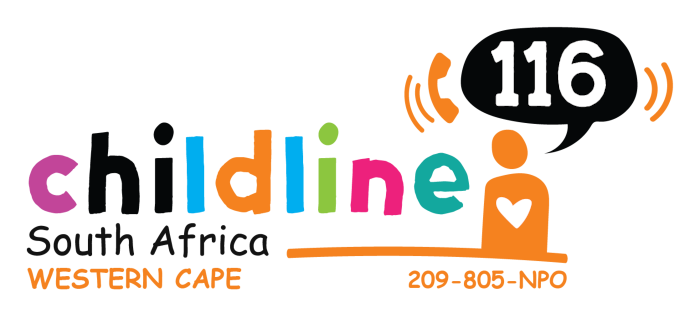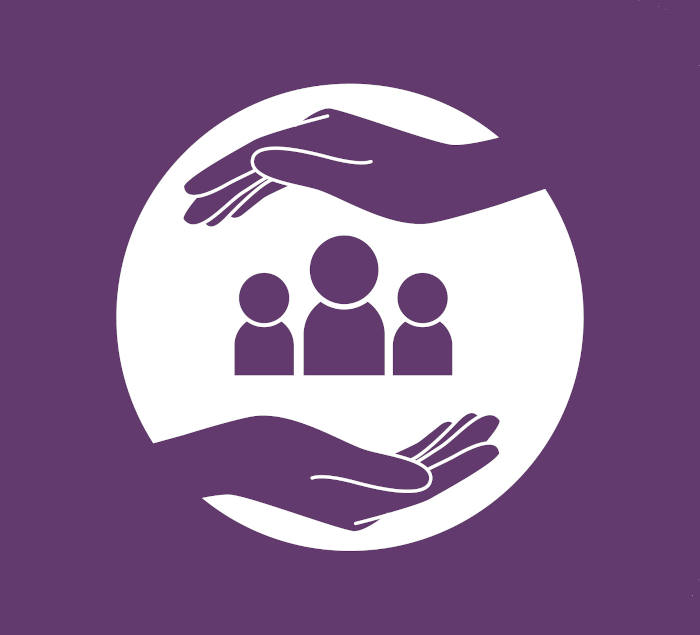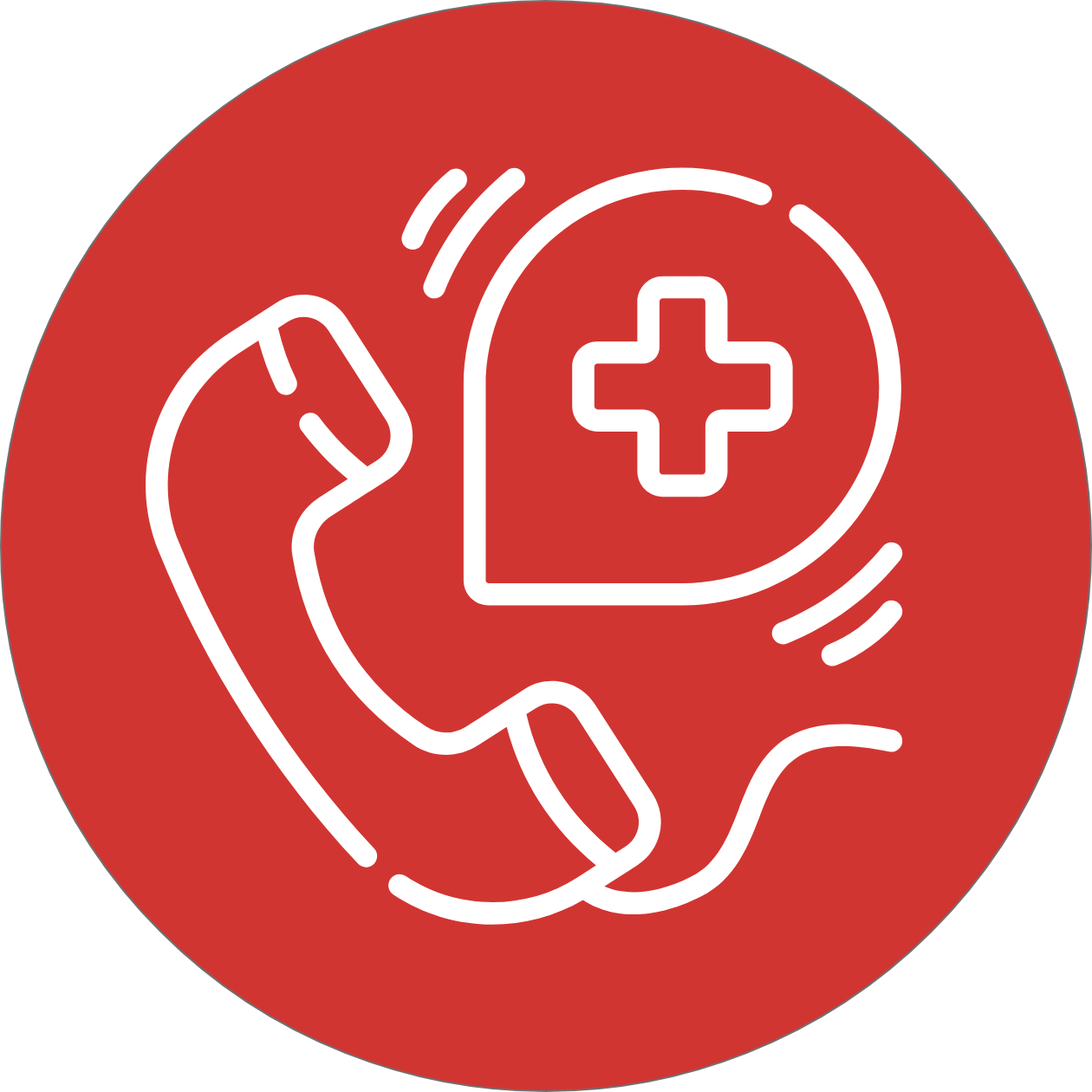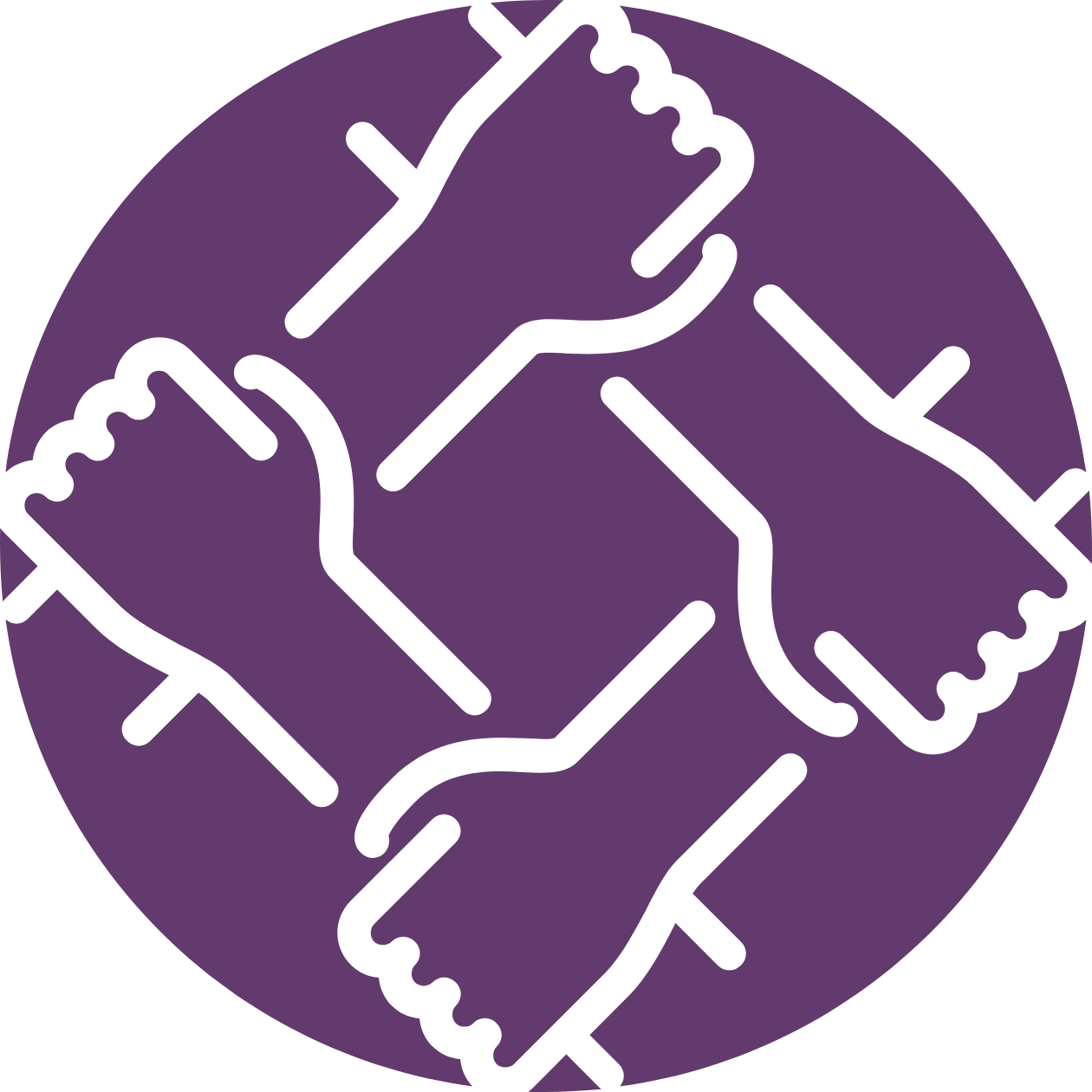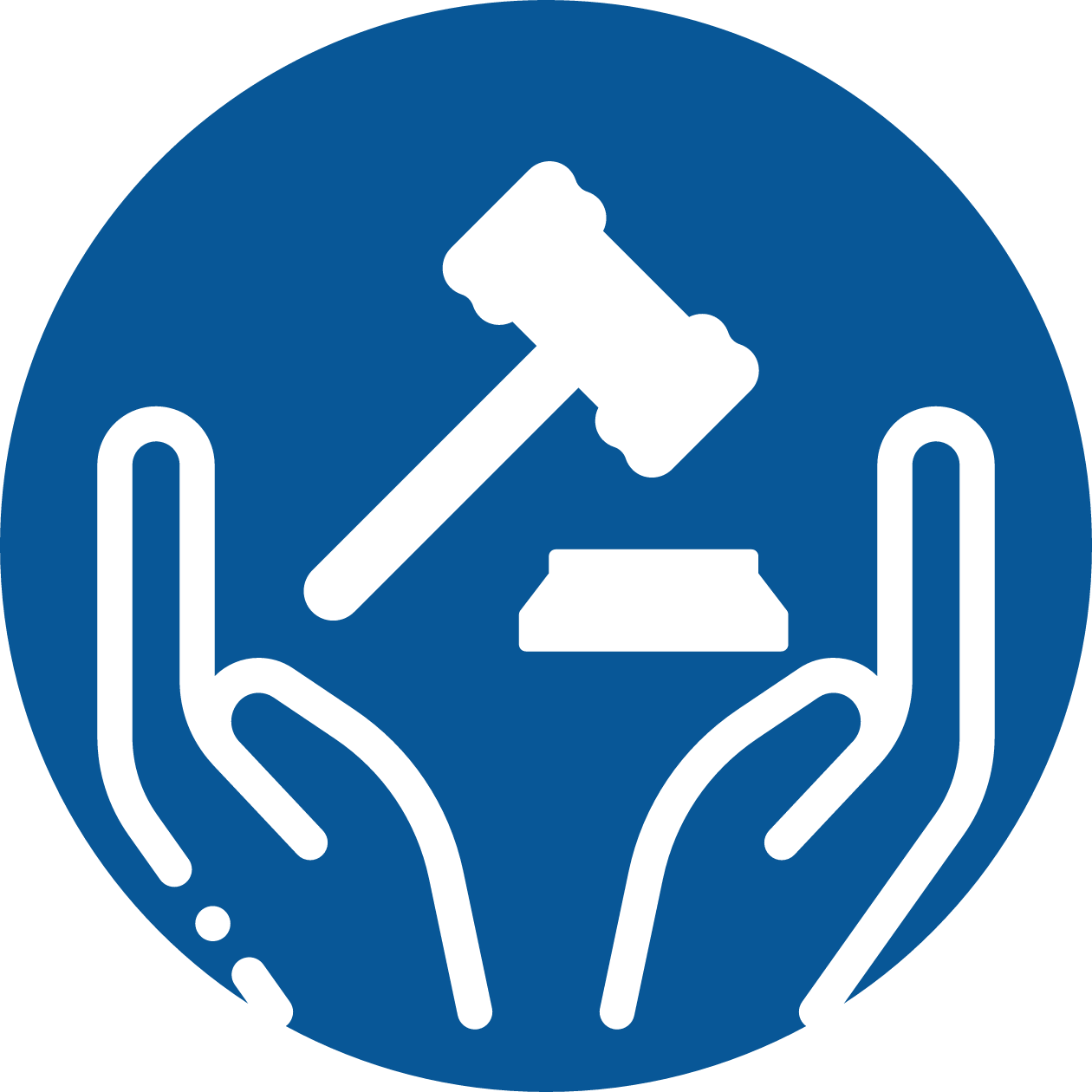TOLL-FREE Helpline 116
The Helpline is a toll-free telephone service where trained counsellors provide psychosocial support, counselling, relevant information and referrals for child-related matters. Cases of child abuse are often reported on this line.
As per the Children’s Act (38 of 2005) of South Africa, anyone can report a case of Child Abuse. You don’t have to be a professional in any specific field to report a case of abuse, as long as you make the report in good faith and provide the necessary details (Name, age and address of child; name, address and contact number of caregiver; details of the alleged abuse) to aid in an accurate and prompt referral of the case to a statutory organization for further investigation and intervention. Calls to the helpline are free from all cellular and Telkom networks.
